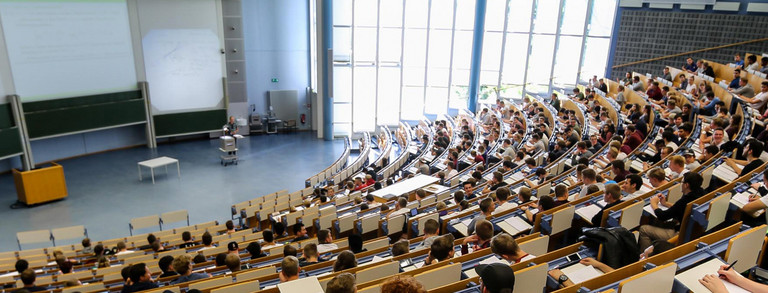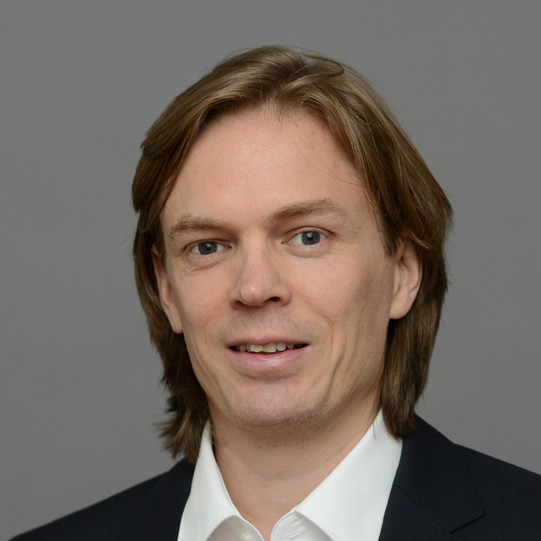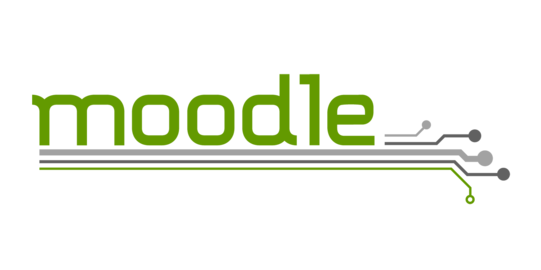Makroökonomie

Target Group
The German-language course is aimed at students in the Bachelor of Economics, Bachelor of Business Mathematics, Bachelor of Business Engineering and, in principle, all students of other courses who would like to cover the basics of economic theory during their studies at TU Dortmund University.
As part of the event, we offer you an introduction to macroeconomic theory and deal with the decision problems that arise in the creation, use and distribution of resources based on the interaction of people, companies and institutions in an economy. In contrast to the related event Microeconomics, the focus is on the interaction of all sectors and feedback effects in aggregated systems.
Among other things, we deal with national accounts and the analysis of long-term and short-term macroeconomic developments. In particular, the topics of growth, economic fluctuations, employment and unemployment, money and inflation, as well as questions of the open economy are dealt with and economic policy measures are determined.
Event Scope
The course consists of a weekly lecture with a scope of two semester hours per week and a weekly exercise with a scope of two semester hours per week. The exercise takes place on two different dates with identical content. Lectures and exercises can be attended without registration. While the basics of content are laid in the lecture, the exercise deals with the practical application of the content.

Lecturers & Trainers
The following employees of the professorship are currently primarily responsible for the course:

Contact
If you have any questions about the event, if you noticed any content-related aspects or if you would like to make suggestions for improvement, you will find below a thematic list of the best contact persons for your request. Please note the following points beforehand:
- Inquiries about the Macroeconomics event from non-TU e-mail addresses and inquiries to the personal e-mail addresses of employees will not be answered.
- Please send only one email per request to the appropriate address in order to avoid unnecessary additional work.
- Please observe the conventions of proper email communication and enter a subject as well as customary greetings and closing formulas. Among other things, this enables faster identification and easier processing of your request.
- Questions about the content of the exams, in particular questions about exam relevance, will not be answered as a matter of principle. All content is relevant to the exam.
- In addition to their commitment to teaching, the employees of the chair are also intensively involved in research and therefore always work on several processes and tasks at the same time. You should therefore reckon with variable processing times on our part.

Organizational Plan for Lectures and Exercises
| Day of the Week & Period | Event Space | Lecturer | Start |
|---|---|---|---|
Lecture | |||
| Monday, 14:00 - 16:00 | Audimax | Prof. Dr. Philip Jung | 10/13/2025 |
Excercise | |||
| see LSF and Moodle | see LSF and Moodle | Edgar Preugschat | |
Excercise for student teachers | |||
| see LSF and Moodle | see LSF and Moodle | Edgar Preugschat | |

Teaching Material
In the course we use various self-made teaching materials such as lecture notes, sample solutions and old examination papers. We make these teaching materials available exclusively for course participants for the purpose of self-study for the duration of the course.
The users are aware that the following content and materials are protected by copyright. Use is only permitted for personal use within the framework of university purposes. In particular, duplication, processing, distribution and any kind of exploitation as well as passing on to third parties are not permitted. Violators will be prosecuted under civil and criminal law.
The materials for this course are made available via the Moodle of the TU Dortmund. To get access to the classroom in Moodle you need a password for self-enrollment. The password is: "makro_2022". It can be used for self-enrolment from 1. October 2022 from around 0:00 a.m., the time our Moodle room is activated.

Literature
The teaching materials presented can optionally be accompanied by the use of the underlying literature in self-study. In many cases, the literature can be borrowed from the library of the TU Dortmund as physical textbooks or in some cases as e-books. In order to be able to fully use the hyperlinks we have set, you may have to log in with your university account or even be in the TU Dortmund network.
The main literature includes textbooks that form the basis for large parts of the content of the course. If you have difficulties in understanding, are looking for further examples of the content covered or would like to find out more about the content covered, you can find what you are looking for in the main literature.
| Title | Comment | Author | Year | Edition | Publisher | University Library |
|---|---|---|---|---|---|---|
| Macroeconomics | International Edition | Williamson, Stephen D. | 2017 | Fifth Edition | Pearson | verfügbare Lehrbücher |
In addition to the main literature, the content of the course is expanded by supplementary literature. This serves, among other things, to present subject areas that have not been dealt with satisfactorily in the main literature for our purposes. Furthermore, topics are included that were not dealt with in the main literature at all, but which we have classified as relevant for the course.
| Title | Comment | Author | Year | Edition | Publisher | University Library |
|---|---|---|---|---|---|---|
| Makroökonomik | Deutsche Übersetzung der 9. US Edition | Mankiw, N. Gregory | 2017 | 7. Auflage | Schäffer Poeschel | verfügbare Lehrbücher |
| Makroökonomie | - | Blanchard, Olivier und Illing, Gerhard | 2014 | 6. Auflage | Pearson | verfügbare Lehrbücher |





